

Cancer centers can feel
• Overwhelming
• Fast paced
• Intimidating
• Confusing
• Chaotic
• Unfamiliar
• Lonely

Getting to know your Medical Team can help.
Knowing who is who and where you turn can help:
Feel more confident and calm
Save time addressing needs and concerns
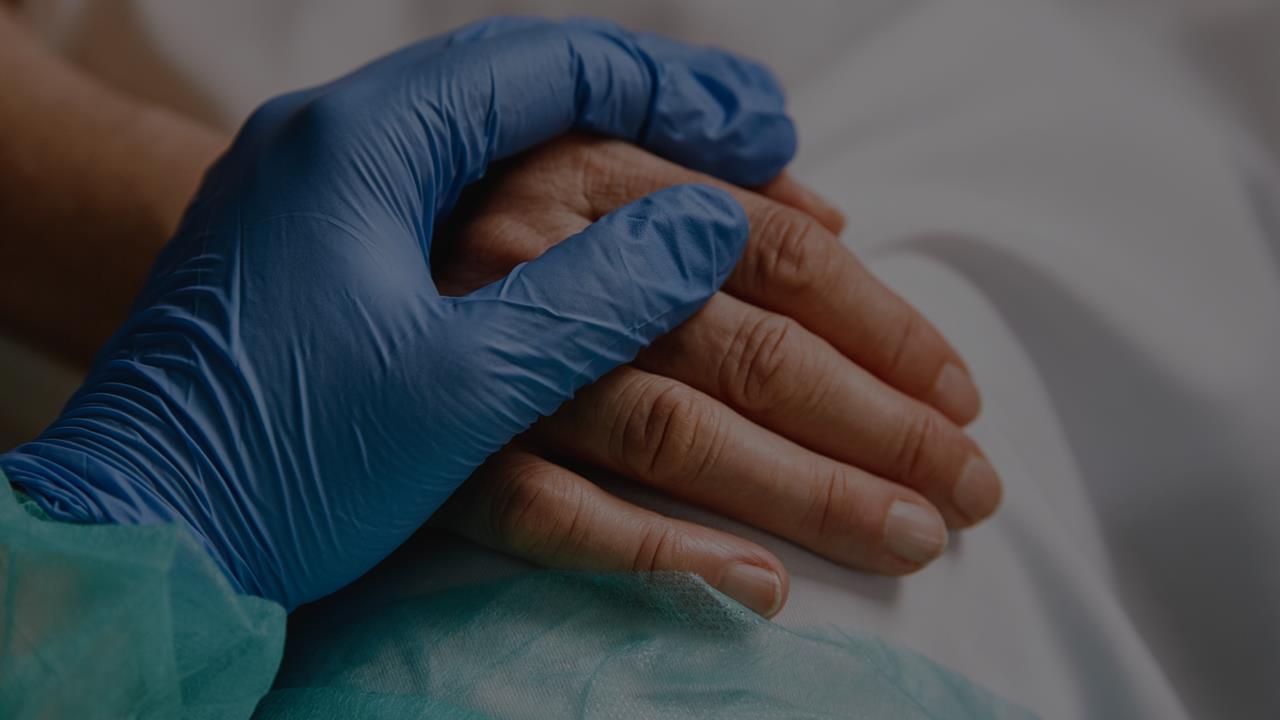
Strong communication & a trusting relationship leads to: Better healthcare outcomes
Improved patient satisfaction
Enhanced patient safety
Who’s
Who:
The Medical Oncologist
• Specialized in cancer.
• Create the treatment plan with you:
• Standard of Care
• Clinical Trials
• Your response to treatment
• What matters to you
• Coordinate the other members of the cancer treatment team

Who’s Who: The Surgical Oncologist
• Specialized in cancer.
• Diagnosis and treats cancer with surgery
• Biopsy
• Tumor removal
• Reconstruction
• Help you prepare for surgery
• Manage surgical recovery and healing
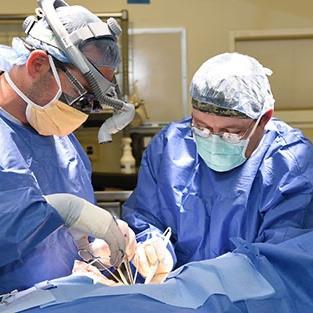
Who’s Who: Radiation Oncologist
• Specialized in cancer.
• Uses radiation therapies to treat cancer
• External beam radiation (local)
• Internal radiation (solid or liquid)
• Can be used to treat symptoms
• Help you prepare for treatment
• Watch for lifetime dose limits
• Manage side effects and healing
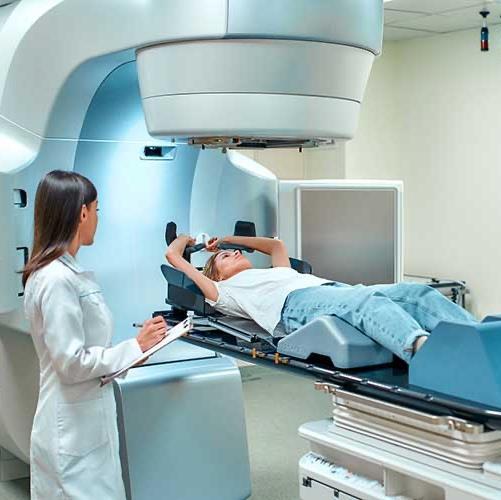
Who’s Who: Oncology Nurse
• Specialized in cancer
• Bedside care in the hospital
• Prepares and often administers treatments
• Provides supportive care
• Answering questions
• Providing resources
• Side effect management
• Supports family members

Who’s Who: Oncology Social Worker
• Specialized in cancer
• Provides information and resources both within the hospital system and beyond
• Counseling and support groups to address the mental and emotional impact
• Provide practical assistance
• Transportation support
• Financial support

Who’s Who: Patient Navigator
• Guidance through the healthcare system
• Offer practical assistance with:
• Financial support
• Insurance benefits
• Transportation
• Child care
• Can help coordinate care with all the members of the cancer team

Who’s Who: Psychiatrist
• Specializes in mental health
• Treats depression, anxiety and other mental health diagnosis
• Prescribe medications:
• Anti-depressants
• Anti-anxiety
• Sleep aides (and more)
• May provide “talk therapy” or provide referrals to therapist

Who’s Who: Allied Health Professionals
• Dietician
• Occupational therapist
• Physical therapist
• Lymphedema specialist
• Pastoral care workers
• Music/Art therapist
• Podiatrist
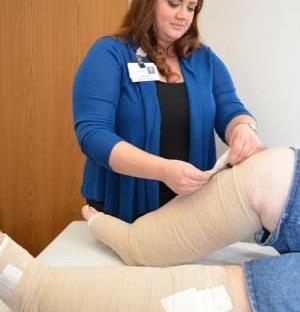
Who’s Who:
Complementary & Alternative Care
• Meditation
• Acupuncture
• Massage
• Chinese Medicine (herbs)
• Reiki
• Yoga
• Aromatherapy

Open Communication:

1
Remain open to sharing your feelings of worry or fear
• Helps the team personalize your care
• Attend to you in specific ways that are helpful to you
2
Share personal circumstances like home/work life, valued hobbies, spiritual beliefs
• Helps the team tailor your treatment in ways that help you maintain some normalcy
3
Develop a perspective of shared decision making
• Blend the expertise of medical team with your wisdom of your body and your goals
• Helps you feel more confident in your care.
Three Key Factors for a Healthy relationship Communication Respect Trust

Why does this matter?
Feeling understood Feeling informed
Trust when you do not know what you do not know.
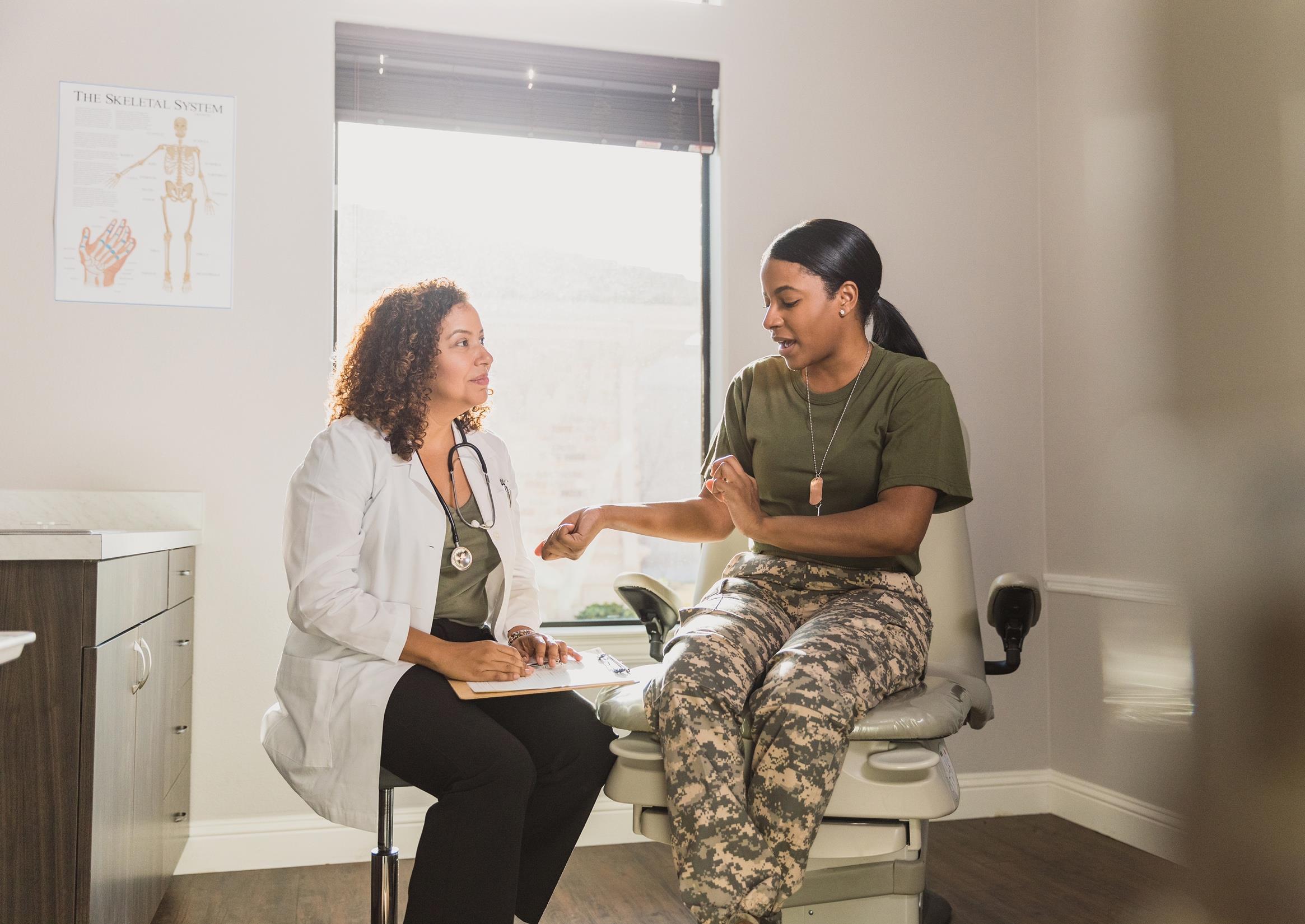
Julie Larson, LCSW

